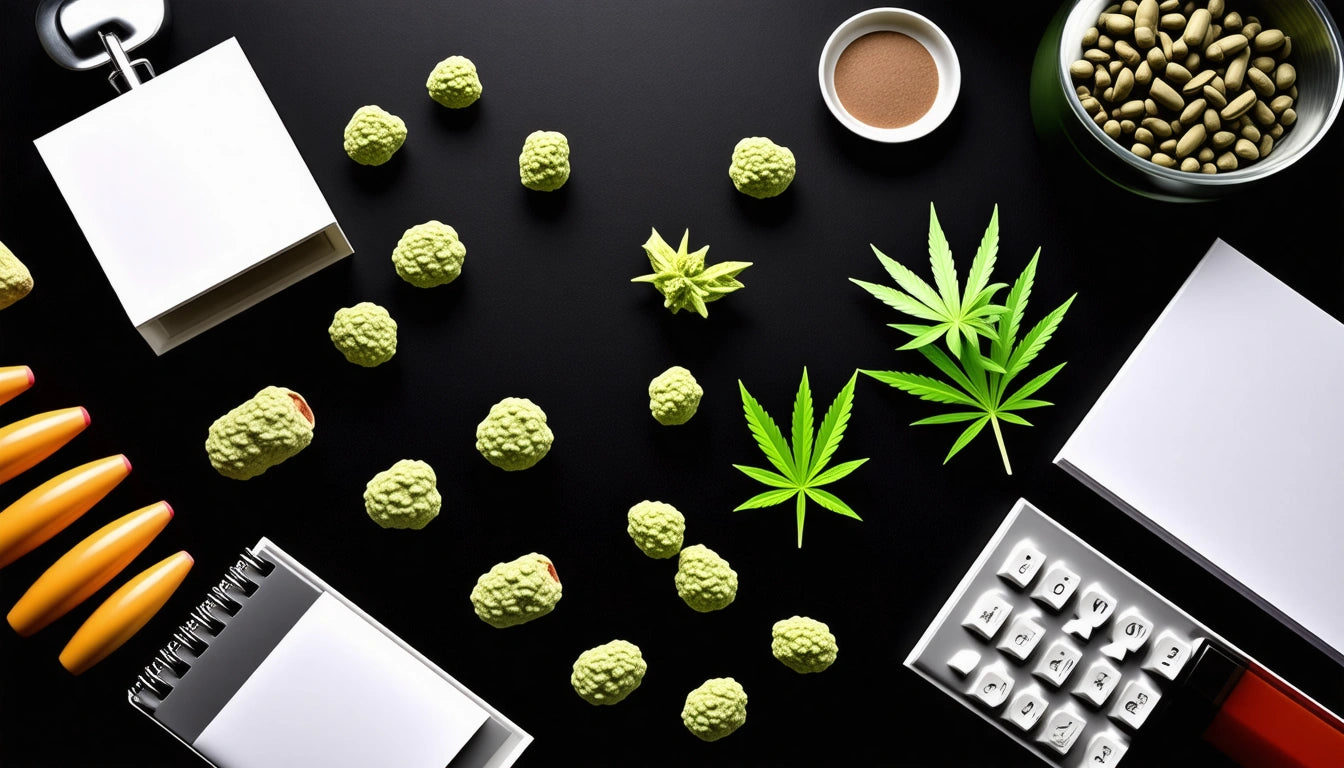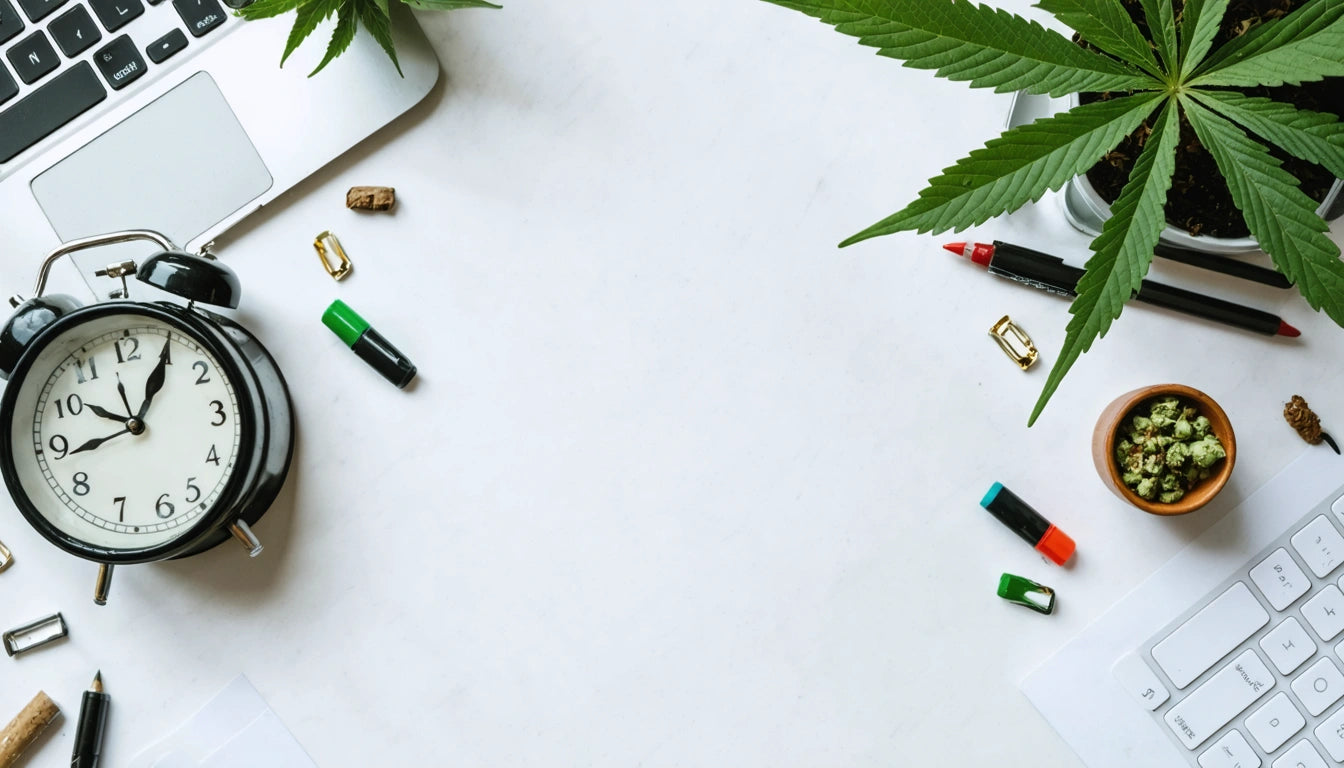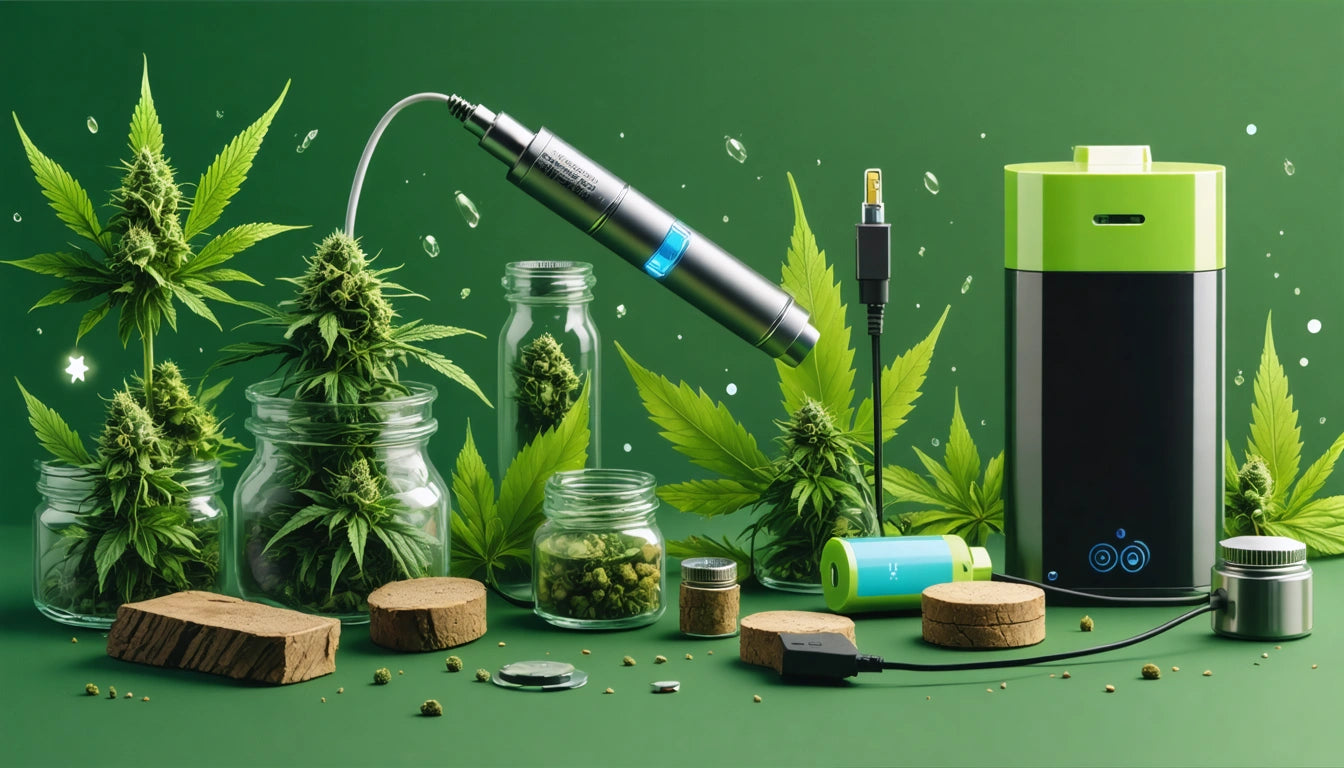Table of Contents
- Understanding Hangovers: Alcohol vs. Cannabis
- Cannabis for Hangover Relief: What the Evidence Shows
- Does Weed Cause Hangovers?
- CBD for Hangovers: A Non-Intoxicating Alternative
- Do Edibles Help with Hangover Nausea?
- Safety Considerations When Using Cannabis for Hangovers
- Future Research Directions in Cannabis and Hangover Management
Can Cannabis Help or Cause Hangovers? Exploring the Effects of Weed and CBD on Hangover Symptoms
Many people experiencing the misery of an alcohol hangover have wondered if cannabis might offer relief. Questions like "does pot help hangovers" or "can weed cure hangovers" are increasingly common as cannabis becomes more mainstream. At the same time, concerns about whether weed itself can cause hangover-like symptoms have also emerged. This article explores the complex relationship between cannabis and hangovers, examining both potential benefits and risks.
Understanding Hangovers: Alcohol vs. Cannabis
Alcohol hangovers result from a complex series of physiological responses including dehydration, inflammation, gastrointestinal irritation, and disrupted sleep patterns. Common symptoms include headache, nausea, fatigue, and sensitivity to light and sound.
Cannabis can also produce its own form of "hangover" with different characteristics. As detailed in this guide on preventing and recovering from weed hangovers, cannabis-related morning-after effects typically involve brain fog, mild headache, dry mouth, and lethargy rather than the intense nausea and splitting headache associated with alcohol.
Cannabis for Hangover Relief: What the Evidence Shows
Nausea and Vomiting
One of the most debilitating hangover symptoms is nausea. Cannabis, particularly THC, has well-documented antiemetic (anti-nausea) properties. According to research on cannabis and nausea relief, THC interacts with the body's endocannabinoid system to regulate nausea and vomiting reflexes.
However, the relationship is dose-dependent. While moderate amounts may help, excessive cannabis use can potentially trigger Cannabinoid Hyperemesis Syndrome (CHS), as explained in this article on marijuana and nausea.
Headaches and Pain
Both THC and CBD have analgesic properties that might help with hangover headaches. CBD in particular has anti-inflammatory effects that could address the inflammation contributing to hangover discomfort.
Sleep Issues
While alcohol initially acts as a sedative, it ultimately disrupts sleep architecture, leading to poor quality rest. Some cannabis strains, particularly indica-dominant varieties, may help restore sleep patterns, though cannabis can affect sleep in complex ways depending on dosage, timing, and individual factors.
Does Weed Cause Hangovers?
The question "does weed give you hangover" or "does pot give you a hangover" requires nuanced consideration. Cannabis can indeed produce next-day effects, though they differ from alcohol hangovers:
- Brain fog and mild cognitive impairment
- Lethargy and fatigue
- Dry mouth and dehydration
- Mild headache
These symptoms are typically less severe than alcohol hangovers and often resolve more quickly. This resource on weed hangover duration provides more details on what to expect and how long symptoms typically last.
CBD for Hangovers: A Non-Intoxicating Alternative
For those wondering "does CBD help with hangovers," there's promising evidence that this non-intoxicating cannabinoid may offer relief through several mechanisms:
- Anti-inflammatory properties that may reduce headache pain
- Anti-anxiety effects that could ease emotional aspects of hangovers
- Potential anti-nausea properties without the psychoactive effects of THC
- Regulation of digestive functions that may help with gastrointestinal distress
CBD presents a potential option for those seeking hangover relief without the intoxicating effects of THC, though research specifically on CBD for alcohol hangovers is still emerging.
Do Edibles Help with Hangover Nausea?
The question of whether edibles help with hangover nausea deserves special consideration. Edibles offer longer-lasting effects compared to smoking or vaping, potentially providing extended relief from hangover symptoms. However, they come with important caveats:
- Slow onset (30-90 minutes) may delay relief when immediate comfort is needed
- Dosing can be challenging, especially when already feeling unwell
- Gastrointestinal absorption may be affected by hangover-related digestive issues
Low-dose edibles may be preferable to avoid compounding issues, as cannabis can affect digestive health in complex ways.
Safety Considerations When Using Cannabis for Hangovers
If considering cannabis for hangover relief, several safety factors should be kept in mind:
- Start with low doses, especially when already experiencing discomfort
- Prioritize hydration regardless of cannabis use
- Be aware of potential drug interactions if taking other medications
- Use products from reputable sources with clear labeling
- Store products safely away from children and pets
Safety extends to proper storage as well. According to guidelines on child-resistant packaging, cannabis products should be stored in containers designed to be difficult for children to open while remaining accessible to adults, similar to requirements for pharmaceuticals and household chemicals.
Future Research Directions in Cannabis and Hangover Management
While anecdotal evidence suggests cannabis may help with certain hangover symptoms, scientific research specifically examining cannabis for alcohol hangover relief remains limited. Future studies should explore:
- Optimal cannabinoid ratios (THC:CBD) for specific hangover symptoms
- Comparative effectiveness of different consumption methods
- Potential interactions between alcohol metabolites and cannabinoids
- Long-term implications of using cannabis as a hangover remedy
Until more research emerges, those considering cannabis for hangover relief should approach with caution, start with low doses, and recognize that the best hangover remedy remains prevention through moderate alcohol consumption and proper hydration.
For those experiencing recurring or severe hangovers, whether from alcohol or cannabis, consulting with a healthcare provider is advisable to address potential underlying issues and develop appropriate management strategies.











Leave a comment
All comments are moderated before being published.
This site is protected by hCaptcha and the hCaptcha Privacy Policy and Terms of Service apply.